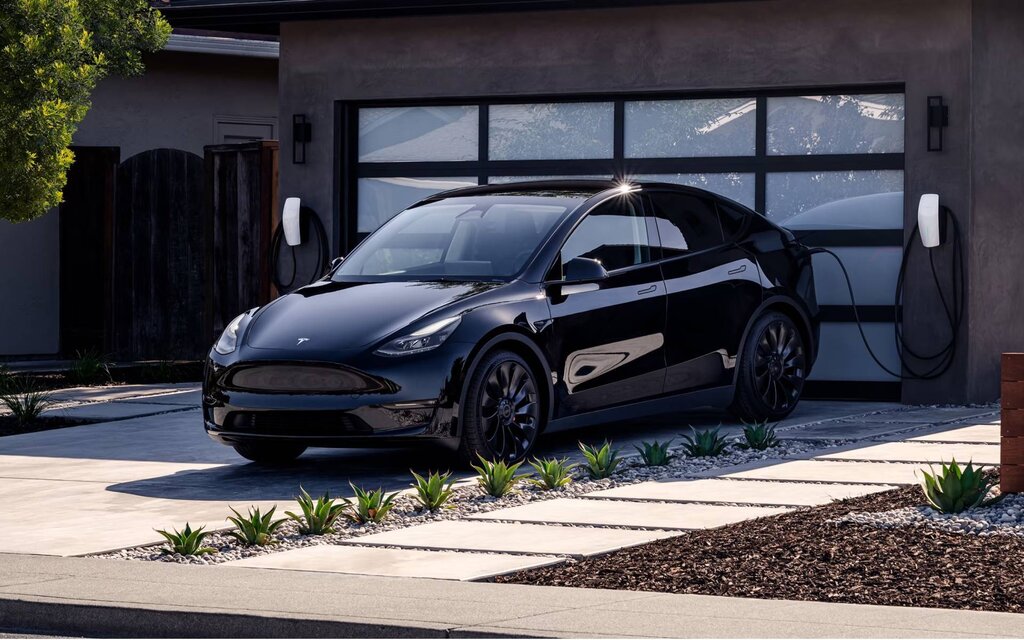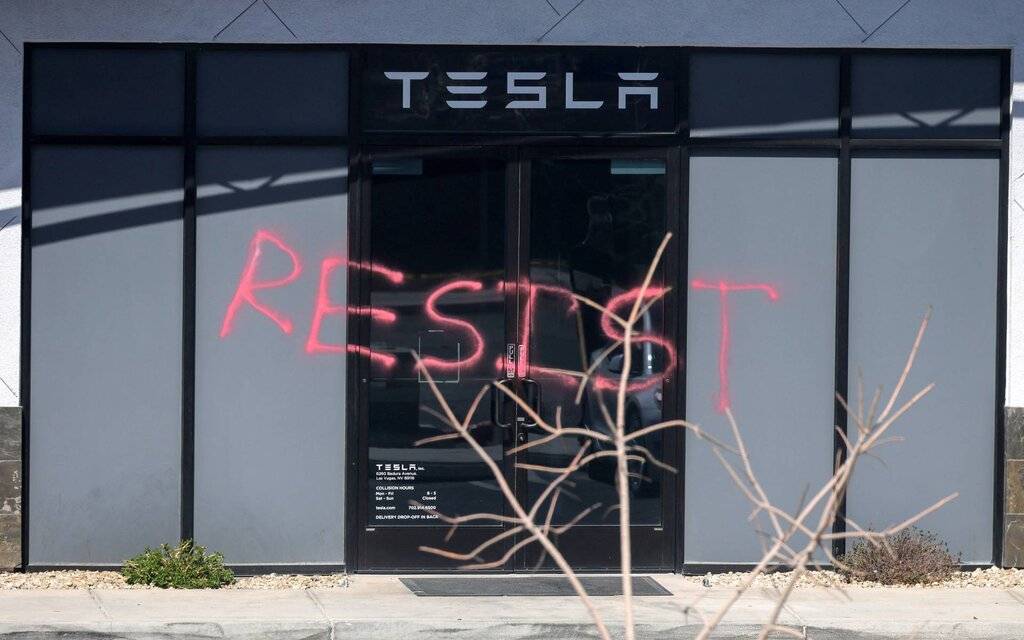Vancouver Auto Show Takes Tesla Out, B.C. Urged to Drop EV Mandates
You won’t find any Teslas at the 2025 Vancouver Auto Show kicking off today. The event’s organizers yesterday announced they will not feature vehicles from Elon Musk’s company due to safety concerns.
Acts of vandalism and arson targeting Tesla cars, stores and Superchargers have intensified in recent weeks, not only in the U.S. but also in Canada, mostly as a result of Musk’s role in the new U.S. government under president Donald Trump.
- Also: U.S. Attorney General Calls Tesla Vandalism "Domestic Terrorism"
- Also: Tesla Cut From BC Hydro’s Rebate Program, 20-Percent Cheaper Model Y Coming
“The Vancouver International Auto Show has removed Tesla … after the automaker was provided multiple opportunities to voluntarily withdraw,” executive director Eric Nicholl said in a statement, as reported by the Vancouver Sun. “The Vancouver Auto Show’s primary concern is the safety of attendees, exhibitors and staff.”
For the 130,000 visitors expected to attend the show at the Vancouver Convention Center until Sunday, there will still be almost 200 vehicles from other brands to look at. A highlight will be the Canadian premiere of the SSC Tuatara Striker, a 1,750-horsepower hypercar.
B.C. is Protesting, Too
As reported last week, British Columbia has excluded Tesla electric-vehicle charging stations, home batteries and inverters from BC Hydro’s rebate program as it prioritizes Canadian goods, according to a notice posted on the BC Hydro website.

Customers who were pre-approved for Tesla products before March 12 are still entitled to their rebates. As for Tesla vehicles, they stopped qualifying for rebates of up to $4,000 following price hikes last fall.
About Those B.C. Mandates…
Meanwhile, leading auto industry associations today urged the government of B.C. to pause and review its zero-emission vehicle (ZEV) mandates in the wake of a new forecast from DesRosiers Automotive Consultants that claims the province’s target of 90 percent ZEV sales by 2030 is not achievable.
The best-case scenario, which does not include significant trade disruptions brought on by tariffs, would have ZEV sales increase to 57 percent in 2030.
Global Automakers of Canada (GAC), the Canadian Vehicle Manufacturers’ Association (CVMA) and the Canadian Automobile Dealers Association (CADA) all argue that sales of internal combustion engine (ICE) vehicles could be impacted as companies seek to avoid significant penalties—over $20,000 for every ZEV unit short. The result would be higher vehicle prices and fewer vehicle choices for British Columbians, along with job losses at dealerships across the province.
“We have new evidence that suggests the government’s ZEV sales targets (Zero Emission Vehicles Act)—that were set in at a time very different from the challenges we are currently facing—will not be achieved,” GAC President and CEO David Adams said. “Prudence dictates that government pause this program and work collaboratively with industry to review and assess how we can continue to spur EV adoption while avoiding an affordability crisis and knock-on job losses for British Columbians.”
“Any EV regulation must align consumer demand, adequate charging infrastructure and purchase incentives in order to be successful: none of those currently exist at the level required in order to support the numbers contemplated by the EV mandates,” CADA President and CEO Tim Reuss added.










